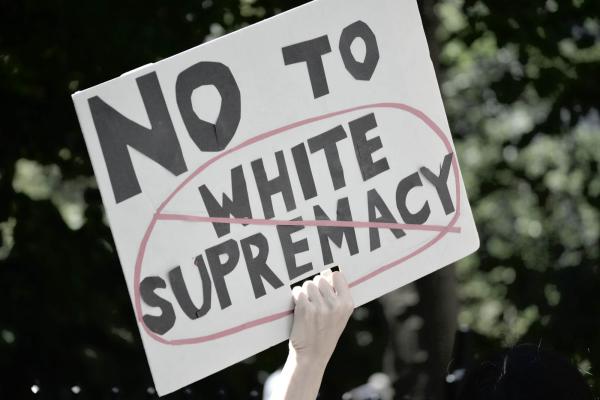Jun 15, 2017
The theology, sociology, and politics of race continue to play themselves out in America in matters of both church and state. That racism is a sin and a gospel issue — and not just a political matter for us as Christians — was asserted once more yesterday. The continuing struggle to put our theology over our sociology among white Christians was again on display.
Read the Full Article

Already a subscriber? Login
